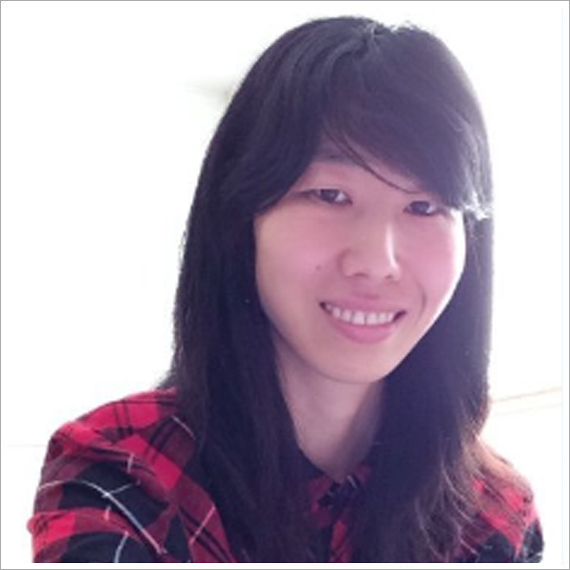Professional Activities:
Positions and Honors
| 2007-2011 |
Postdoctoral Research Fellow |
Stanford University School of Medicine/Hematology Department |
| 2012-Present |
Research Associate |
Stanford University School of Medicine/Hematology Department |
Awards & Honors
| National Cancer Institute-UO1 Grant |
Functional analysis of oncogenic networks in primary organoids |
(2012-Present) |
| National Institutes of Health (NIH) RO1 Grant |
Wnt and Hh Signaling Pathways in Adult Physiology |
(2009-2012) |
| Dean’s Fellowship |
Stanford University |
(2007-2008) |
| Doctoral Scholarship |
University of Alabama at Birmingham |
(2000-2006) |
| First Prize, Award for Academic Excellence |
China Agricultural University |
(1996-1999) |
| Third Prize, Award for Academic Excellence |
China Agricultural University |
(1995) |
Relevant Experience
Stanford University School of Medicine/Hematology Department (2012-Present)
Research Scientist
- Accomplished the first in vitro oncogenic transformation of primary colon, gastric and pancreatic tissue to adenocarcinoma with in vivo tumorigenicity
- Developed an in vitro functional validation system using primary organoid culture for selected oncogenic driver candidates of gastrointestinal cancer based on bioinformatics analysis of cancer genomic databases.
- Investigated mechanism of identified oncogenic drivers.
- Improving the functional validation system toward high-throughput screening for therapeutic drug discovery utilizing 96-well formatted primary cell-based selection, flow cytometry, proliferation and invasion assays.
Stanford University School of Medicine/Hematology Department (2007-2011)
Postdoctoral Research Fellow
- Built a retrovirus library of selected colorectal cancer candidate drivers
- In vitro modeling of colorectal cancer using a robust long-term methodology of primary mouse intestinal organoid culture.
- Investigated intestinal stem cell /cancer stem (LGR5+) cell biology utilizing primary intestinal culture.
University of Alabama-Birmingham, Comprehensive Cancer Center (2000-2006)
Graduate Student Scientist
- Generated a Gli1 conditional expression mouse model for basal cell carcinoma (BCC) to investigated downstream mechanisms underlying Shh-Gli1-meidated transformation.
- Identified Snail as a limiting factor of Gli1-induced transformation in vitro and an early response gene of Gli1-mediated basal cell carcinoma (BCC).
- Determined a role of Wnt signaling pathway in Gli1-Snail-mediated tumorigenesis.
Chinese Academy of Sciences (C.A.S), Institute of Microbiology (1999-2000)
Research Assistant
- Characterized two insect-resistant genes in homozygous cotton lines.


